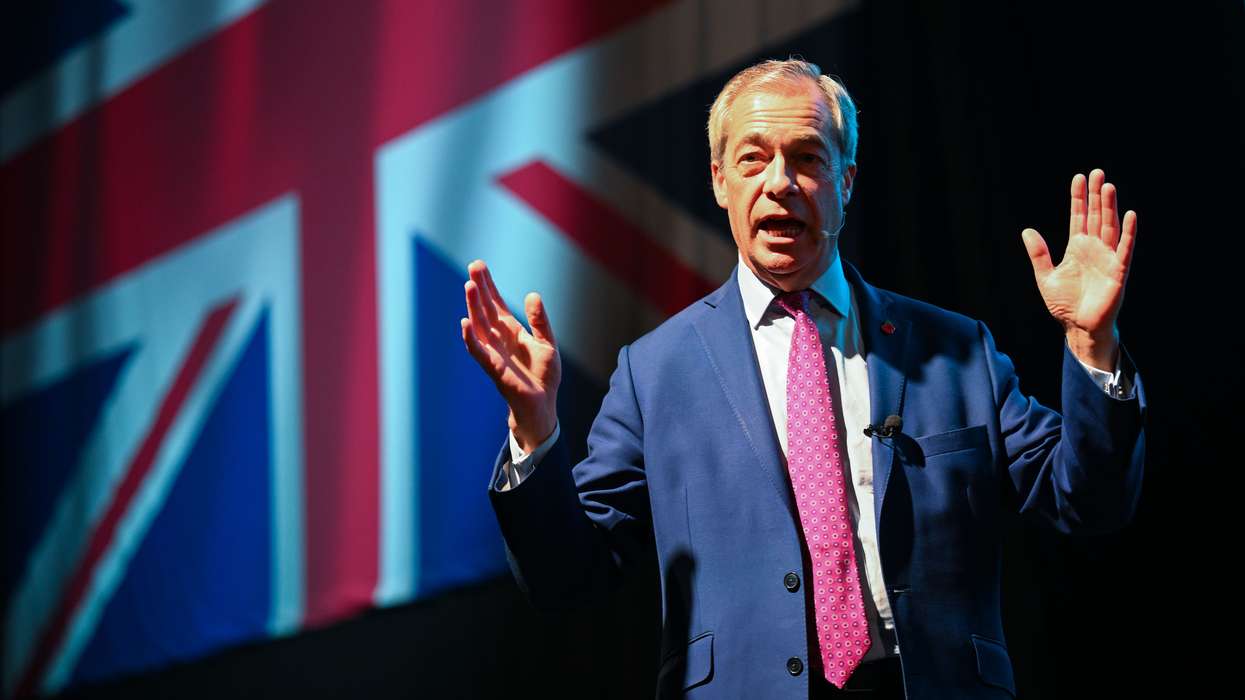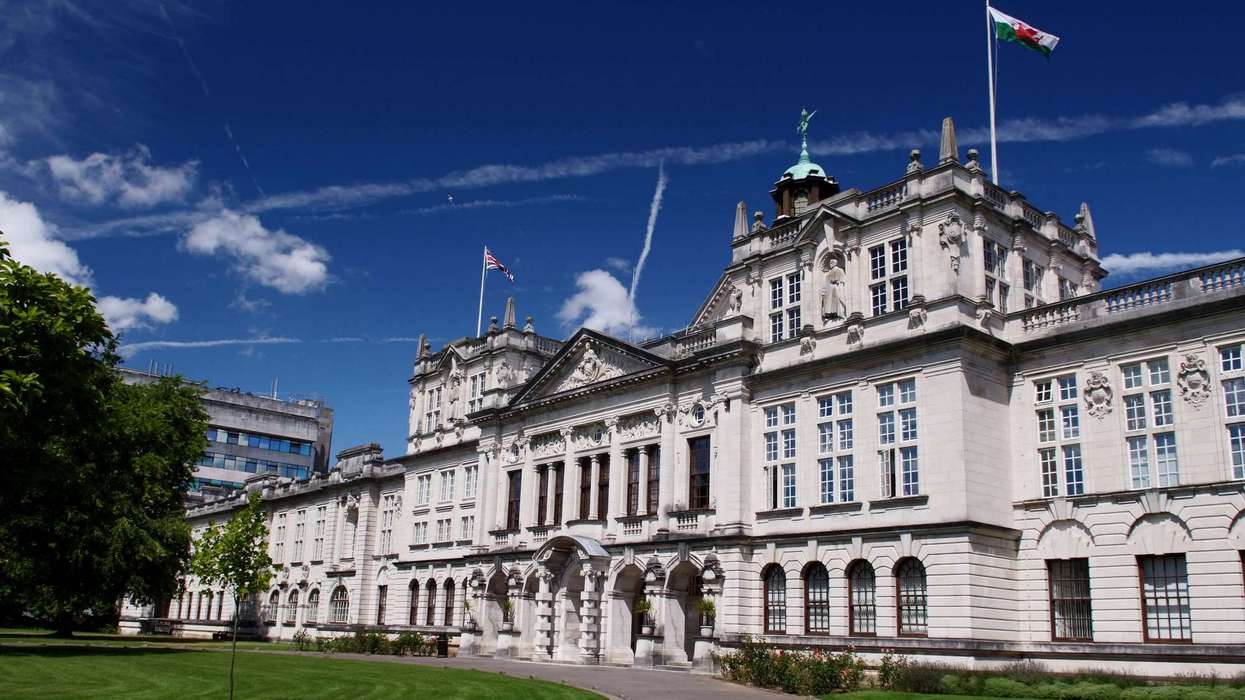INDIA'S entire delegation in London to attend the G7 summit is isolating after two of its members tested positive for Covid-19, ther British government said on Wednesday (5).
"Two delegates tested positive so the entire delegation is now self isolating," a British official said.
"The meeting had been enabled by a strict set of Covid protocols, including daily testing of all delegates," the British official said.
Indian foreign minister Subrahmanyam Jaishankar did not test positive for the virus, Sky News reporter Joe Pike said on Twitter. Jaishankar was pictured meeting British interior minister Priti Patel on Tuesday (4).
However, Jaishankar said on Wednesday (5) he will join the ongoing G7 meetings in London virtually after he was informed about exposure to people with possible coronavirus infection.
"Was made aware yesterday (4) evening of exposure to possible Covid positive cases," Jaishankar said in a tweet. "As a measure of abundant caution and also out of consideration for others, I decided to conduct my engagements in the virtual mode. That will be the case with the G7 Meeting today (5) as well."
Earlier, British vaccines minister Nadhim Zahawi said he was unaware of a report that delegates from G7 countries were self-isolating because of a Covid-19 scare.
India is not a G7 member but was invited by Britain to this week's summit, along with Australia, South Africa and South Korea.



